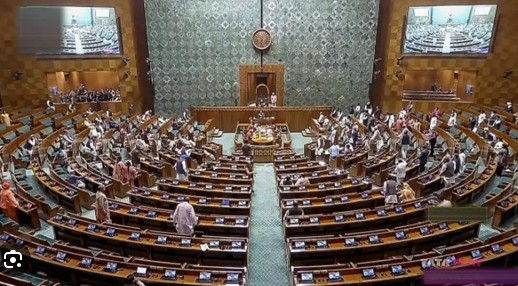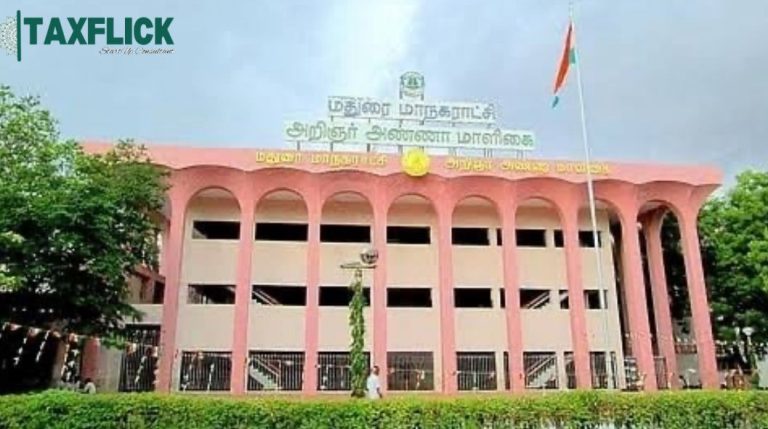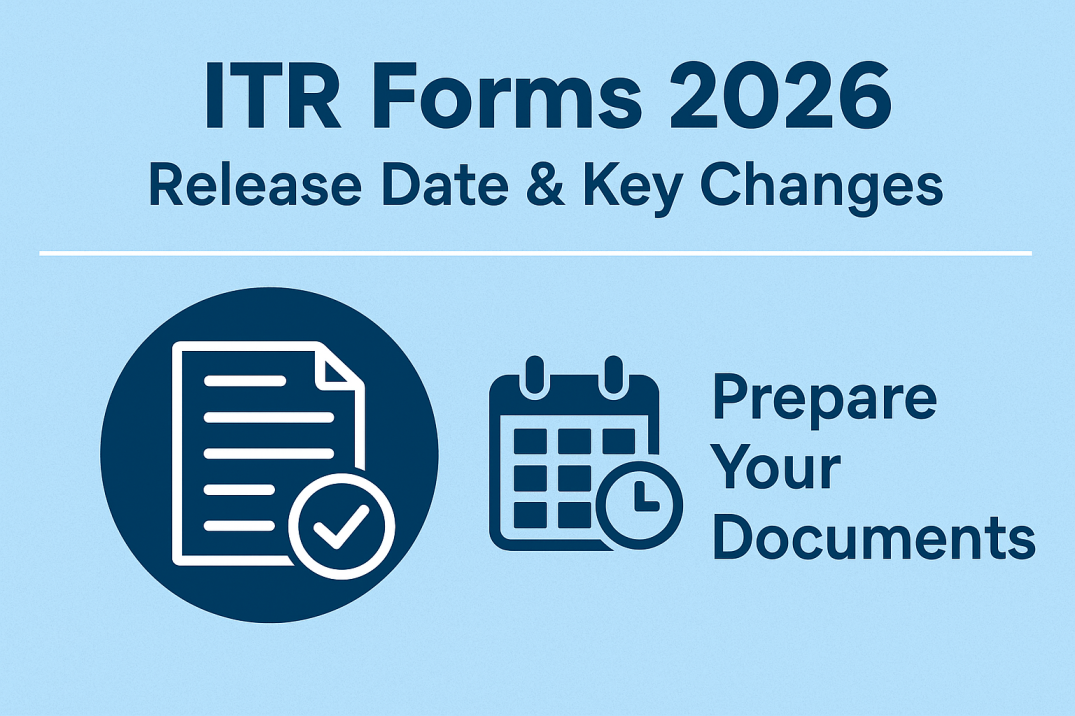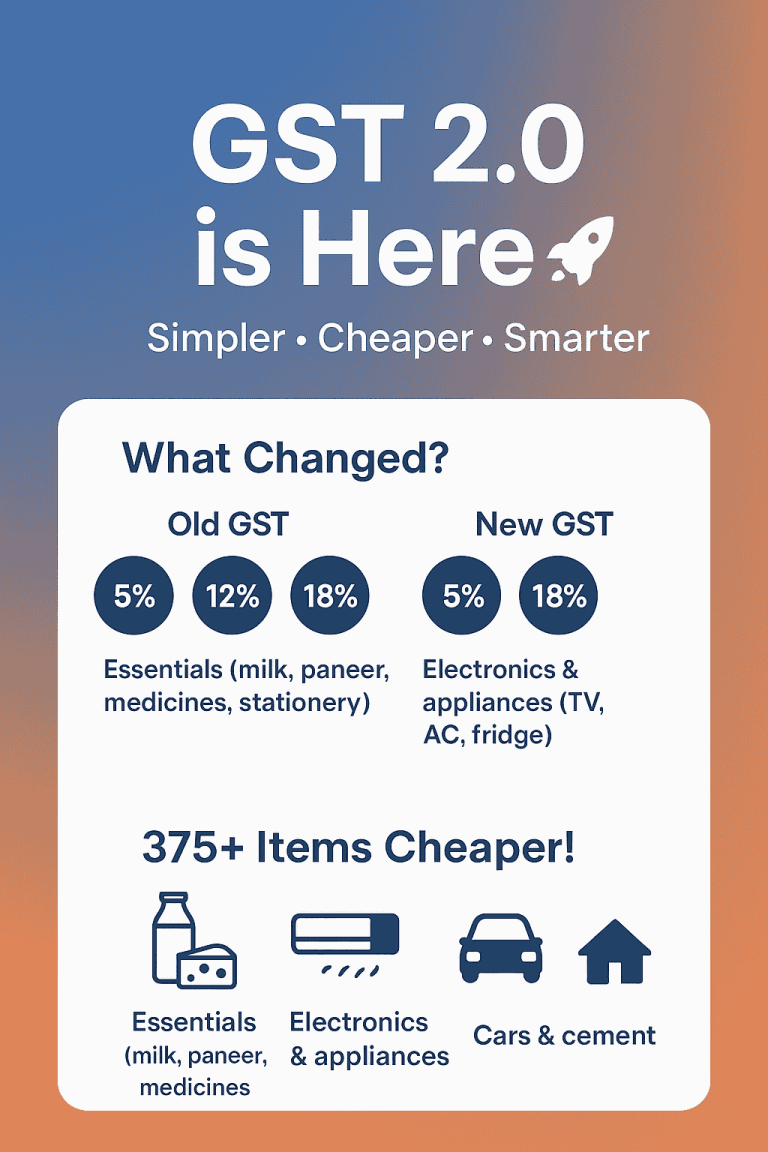ok Sabha Passes New Income Tax Bill With Expanded Powers for Officials
New Delhi — The Lok Sabha has passed the updated Income Tax (No. 2) Bill, 2025, which shortens and simplifies the country’s tax law but also gives income tax officials stronger powers during search operations. One of the most talked-about changes is that officials will now be able to access personal emails, social media accounts, and other digital data of taxpayers, even without their permission, if it is part of a search.
The Bill replaces the old Income Tax Act of 1961. It reduces the size of the law from over 5 lakh words to 2.59 lakh words, cuts the number of chapters from 47 to 23, and reduces sections from 819 to 536. It also includes more tables and formulas to make the rules easier to understand.
Union Finance Minister Nirmala Sitharaman first introduced an earlier version of the Bill in February. It was then reviewed by a 31-member Select Committee chaired by BJP MP Baijayant Panda. The committee gave its report on July 21, after which the government withdrew the earlier Bill and brought in the revised version on August 11.
A major change in the new law is the power given to tax officials to demand access codes for electronic devices and accounts that may hold relevant records. If the person being searched does not provide the password or code, officials will be allowed to override it and break into the system.
The Select Committee supported these rules, saying that much of the evidence today is kept online — in WhatsApp chats, emails, and other digital records — and that people often refuse to give passwords when officials are investigating.
However, several opposition members strongly opposed this change. Congress MP Amar Singh warned that the rule gives “very wide-ranging power” to the government and could allow officials to collect all types of personal digital data, even when it is not directly related to the tax case. N.K. Premachandran of the Revolutionary Socialist Party called the provision “arbitrary” and says could easily be misused, violating the constitutional right to privacy as recognised by the Supreme Court in the Puttaswamy case. He argued that the older provisions in the 1961 Act were enough and doesn’t require expanding.
The Bill was passed despite these many objections, with the government arguing that the changes are necessary components to keep up with the digital age and to make tax enforcement more effective to the public .






